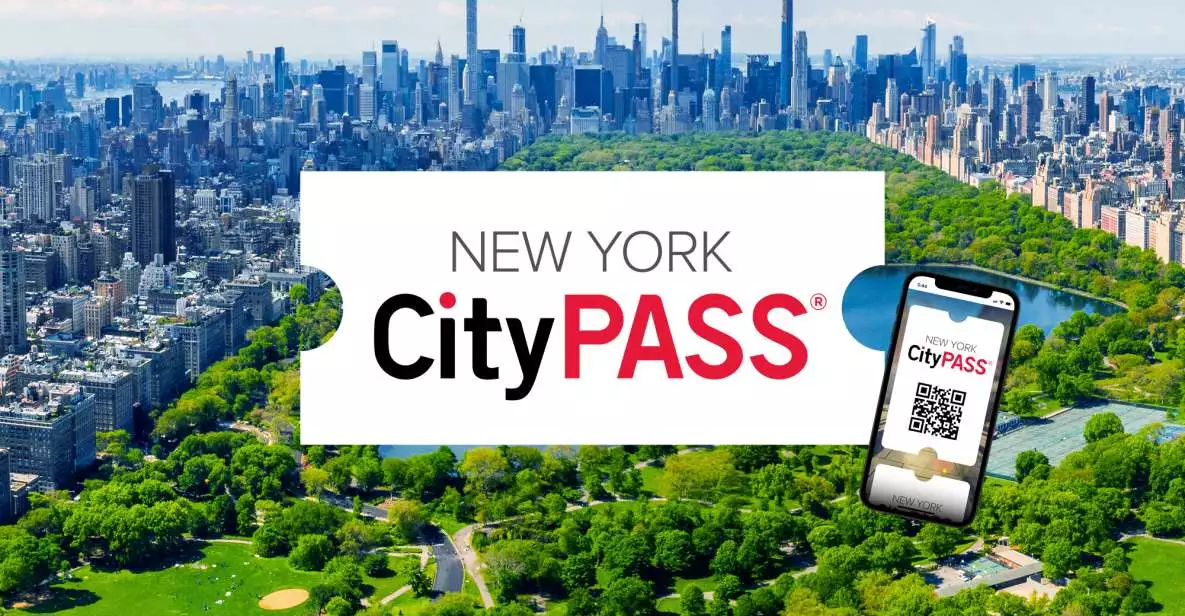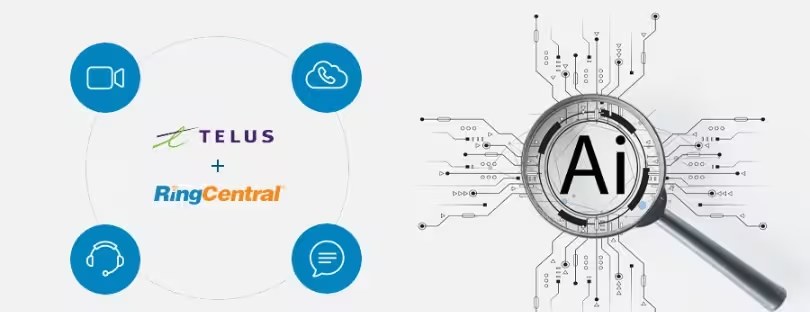
Verizon ‘s 4G Is Faster Than T-Mobile’s 5G
A new report from IHS Markit’s RootMetrics found that Verizon ‘s 4G network, in some cases, provides faster speeds than T-Mobile’s new 5G network.
AT&T placed second nationally, with T-Mobile and Sprint bringing up the rear.
The final 2019 rankings come at a time of transition for the wireless industry. The carriers have spent billions of dollars building out even faster 5G networks but will have to spend tens of billions more to achieve the coverage and reliability of today’s 4G coverage. RootMetrics tested some of the early 5G services but didn’t include the data as part of its rankings.
“Verizon once again delivered the strongest combination of stellar reliability and fast speeds among all networks,” the firm noted in its report. “No other carrier came close to matching Verizon’s consistency of delivering fast speeds in metro (areas) across the U.S.”
The industry is also awaiting a judge’s decision in the court case challenging the merger of Sprint and T-Mobile. If the deal is allowed to go forward, the combined network could offer much better speed and coverage than either of the two carriers ever produced on their own.
Across the country, AT&T actually had the fastest median download speed at 33.1 megabits per second. That’s fast enough to download a song in 1 second but would require 10 minutes or longer for a movie file. Verizon was second at 32.7 Mbps, but also had the most consistent speed results, with only one market out of 125 seeing speeds under 20 Mbps. T-Mobile’s median speed nationwide was 24.6 Mbps and Sprint’s was 23.1 Mbps.
In its separate look at 5G, RootMetrics found uneven coverage and speeds in the cities where service is offered. For example, in Los Angeles, the only city where all four carriers offer 5G, average download speeds ranged from 627 megabits per second on Verizon to 201 Mbps on Sprint to 126 Mbps for both T-Mobile and AT&T. But T-Mobile’s 5G signal covered 39% of the Los Angeles metro area, Sprint’s 36%, AT&T’s 7%, and Verizon’s only 0.4%.
“The promises of 5G include dramatically faster data speeds and lower latency,” the firm noted. “That said, access to the fastest 5G speeds depends on what spectrum each carrier has available. We’re still in the early days of 5G and expect to see even faster speeds over time as 5G network coverage expands and as the carriers make technology upgrade.”
RootMetrics’ methodology is different from several other firms, like Ookla and OpenSignal, which issue ratings based on crowdsourced speed tests performed by customers using free apps on their phones. AT&T topped OpenSignal’s most recent download speed ranking, though it tied with or was passed by Verizon and T-Mobile in some other categories like 4G availability and upload speed.
RootMetrics, a unit of IHS Markit, conducts its tests with professionals driving around the country. Its surveyors conducted 3.9 million tests, driving more than 225,000 miles and also checking almost 8,000 indoor locations to compile the latest rankings.
RootMetrics also ranked the carriers in its six categories in each of 125 major metropolitan areas. Verizon won the most awards, at 660, followed by AT&T with 401, T-Mobile with 217 and Sprint with 80.










